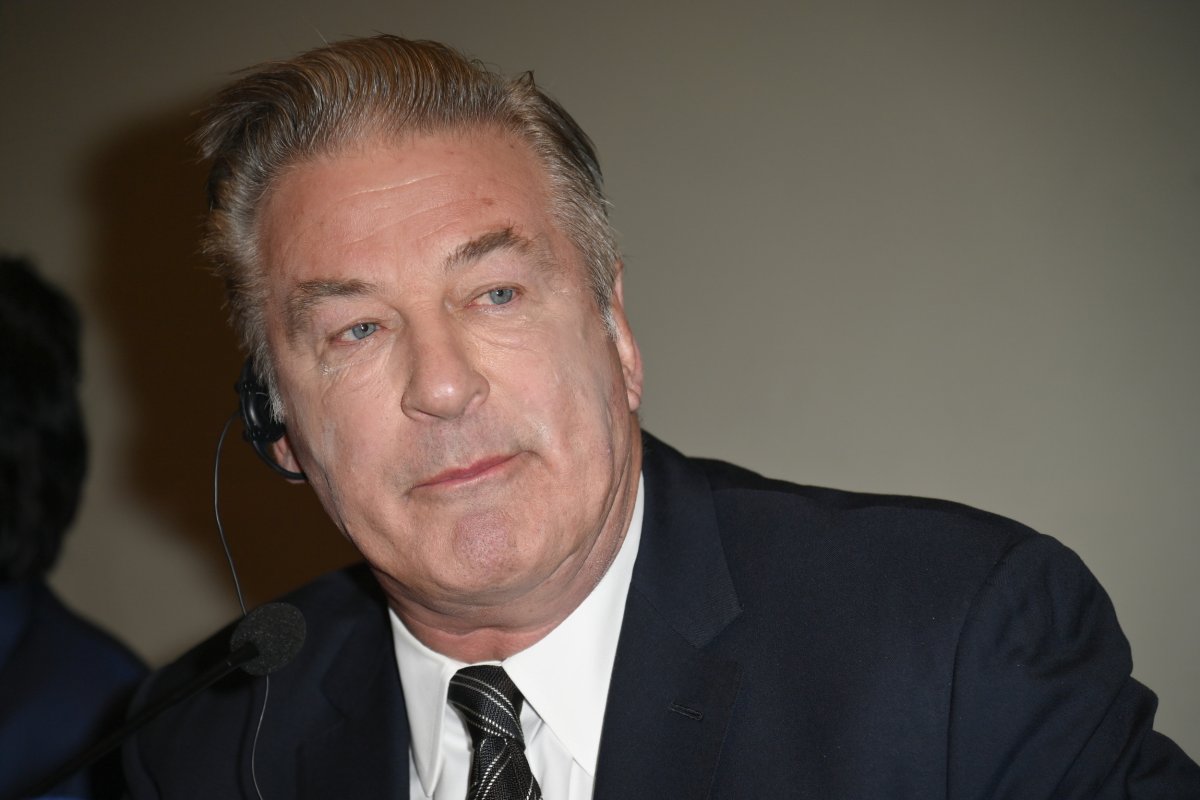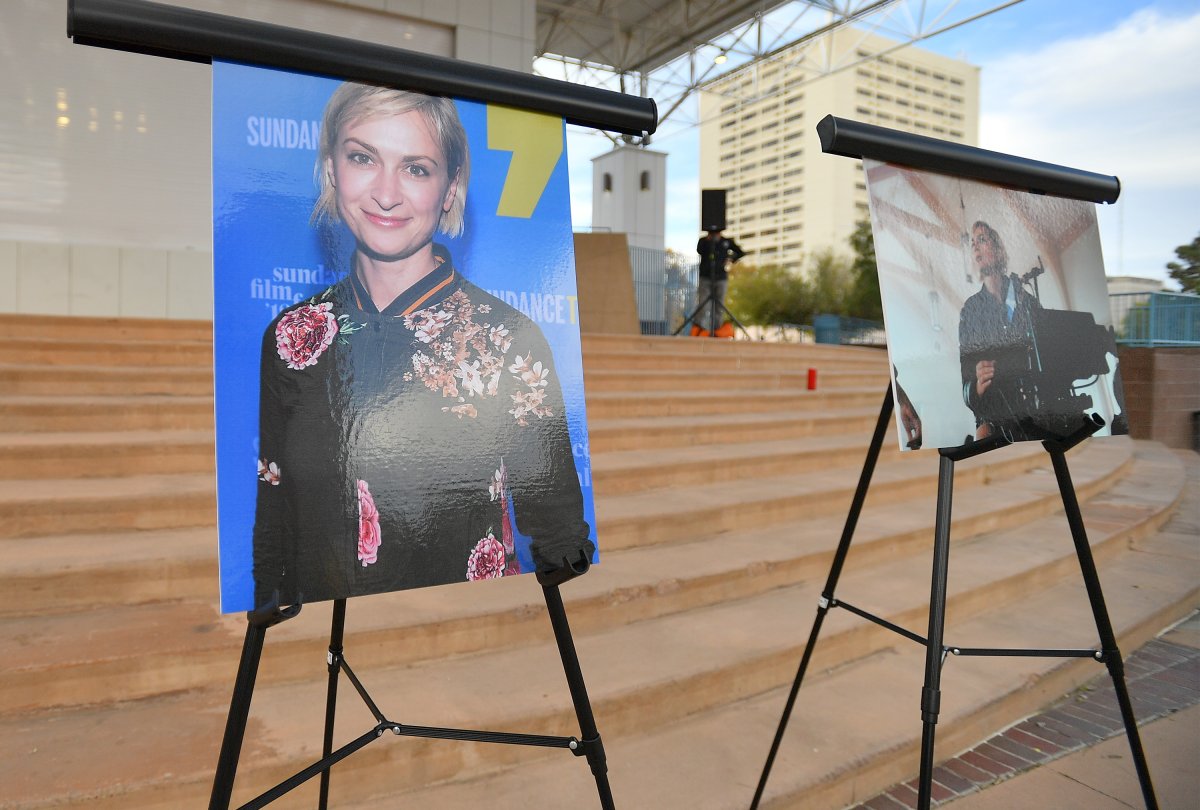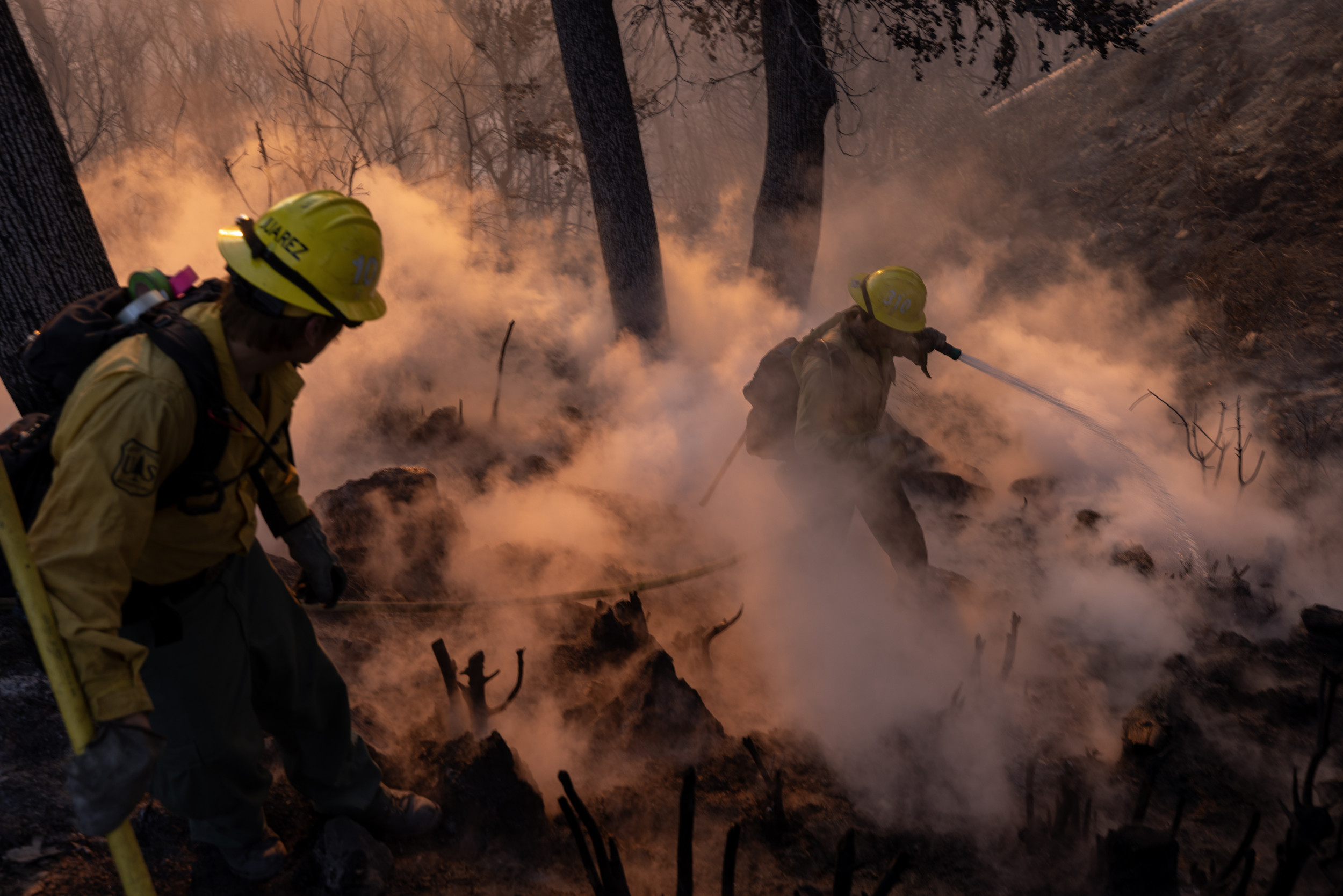Entertainment gossip and news from Newsweek's network of contributors
Alec Baldwin is continuing his legal battle, filing a civil lawsuit following the dismissal of his involuntary manslaughter charge in the shooting death of cinematographer Halyna Hutchins on the set of Rust.
According to Page Six, the lawsuit, filed in New Mexico's Santa Fe district court on Thursday, January 9, alleges malicious prosecution, civil rights violations, and defamation. Baldwin claims that prosecutors and investigators mishandled evidence while pursuing the case, intentionally targeting him for professional and political gain. Specifically, the lawsuit names the Santa Fe District Attorney, a special prosecutor, and three investigators from the Santa Fe County Sheriff's office.

The legal action stems from the tragic incident on October 21, 2021, when Baldwin, as both lead actor and co-producer, was rehearsing a scene for Rust, an American Western film. During one of the rehearsals, Baldwin, 66, was holding a pistol that discharged, fatally killing Hutchins, 42 and injuring director Joel Souza, 51. Baldwin has consistently maintained that he did not pull the trigger but instead pulled back the hammer of the revolver, which caused it to fire.
Baldwin's lawsuit highlights significant flaws in the investigation, including the mishandling of crucial evidence. In March 2022, a man delivered ammunition to the Santa Fe County sheriff's office that could have been linked to the incident, but prosecutors determined it was irrelevant. Baldwin's attorneys allege the evidence was "buried" and led to a successful motion to have charges against him dropped.

Baldwin recently spoke about his ongoing efforts to uncover the truth about the shooting in a December interview with David Duchovny on the Fail Better podcast. The 30 Rock alum emphasized that there is more to the story. "There's more to come," Baldwin said, adding that his goal is to expose what really happened and set the record straight. He also expressed frustration with the media's portrayal of him, claiming that harmful stories were amplified while those that could have helped him were suppressed.









![[SEE IT] Joakim Noah Opens Up About Rivalry with LeBron: ‘I Had Enough’ of His ‘Arrogance’”](https://thesource.com/wp-content/uploads/2025/01/Screen-Shot-2025-01-10-at-2.57.18-PM.png)

![[WATCH] Jim Jones Sees Drake’s Legal Moves Against UMG and Spotify as ‘Power Moves’](https://thesource.com/wp-content/uploads/2025/01/Screen-Shot-2025-01-10-at-2.46.43-PM.png)








 English (US) ·
English (US) ·